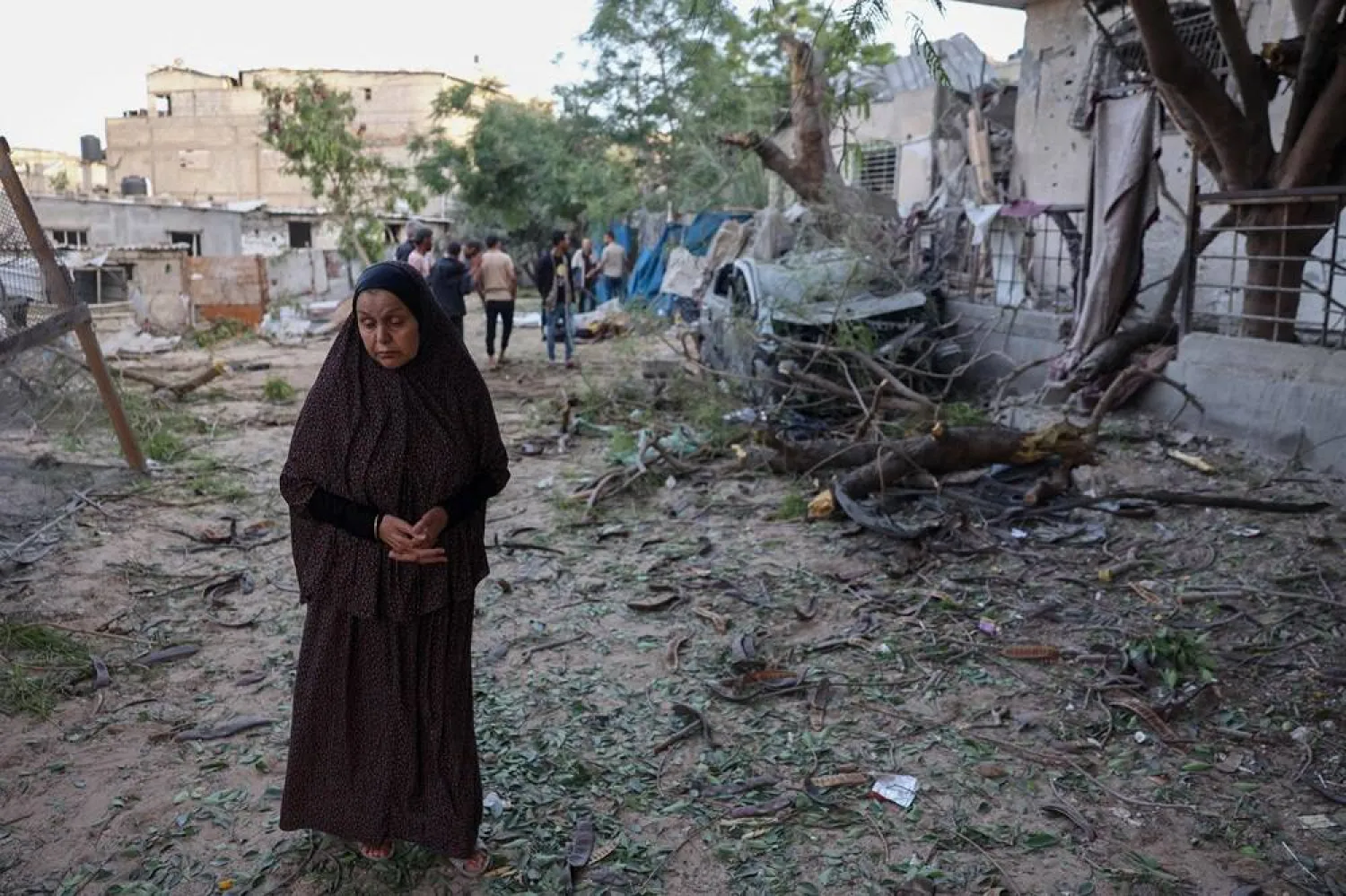Forced from her home by Israel's seven-month-long Gaza offensive, Salwa al-Masri has little hope her plight will be alleviated by a ruling from the UN's top court ordering Israel to halt its offensive in Rafah.
"The massacres are only increasing," she said, as she cooked a meal on an open fire outside a tent in Deir al-Balah.
"They shouldn’t say one thing, while the action is something different," said Masri, who fled her home in northern Gaza earlier in the war. "We want these decisions to be implemented on the ground."
Judges at the World Court, also known the International Court of Justice (ICJ), ordered Israel on Friday to halt its offensive in Rafah governorate. It marked a landmark emergency ruling on a case brought by South Africa accusing Israel of genocide in its assault on the Gaza Strip.
But the World Court has no means to enforce its orders, and Israeli war cabinet minister Benny Gantz said Israel would continue its "just and necessary" war against the Hamas militant group to return its hostages and ensure its security.
Hamas fighters killed some 1,200 people in Israel in the Oct. 7 attack and abducted around 250 more, according to Israeli tallies. Gaza health authorities say more than 35,000 Palestinians have been killed in the Israeli retaliatory offensive which has laid waste to much of the enclave.
Israel has rejected South Africa's accusation that it is committing genocide against Palestinians in the Gaza war, arguing that it is acting to defend itself and fighting Hamas.
"Israel doesn’t care about the world, it acts as if it was above the law because the US administration is shielding it against punishment,” said Shaban Abdel-Raouf, a Palestinian displaced four times by the Israeli offensive.
"The world isn’t yet prepared to stop our slaughter at Israeli hands,” said Abdel-Raouf, who was reached by phone.
Israel began pushing into Rafah earlier this month, saying it aims to wipe out remaining Hamas fighters holed up there.
Simultaneous Israeli assaults on the northern and southern edges of Gaza this month have caused a new exodus of hundreds of thousands of Palestinians fleeing their homes, and have cut off the main access routes for aid, raising the risk of famine.
South Africa's lawyers asked the ICJ last week to impose emergency measures, saying Israel's attacks on Rafah must be stopped to ensure the survival of the Palestinian people.
Hamas said it welcomed the World Court ruling but said it was not enough "since the occupation aggression across the Gaza Strip and especially in northern Gaza is just as brutal and dangerous".
Palestinians needed an immediate halt to the war and they wanted to see action to achieve that, displaced Palestinian man Nabil Diab said. "We don’t need a declaration," he said.









